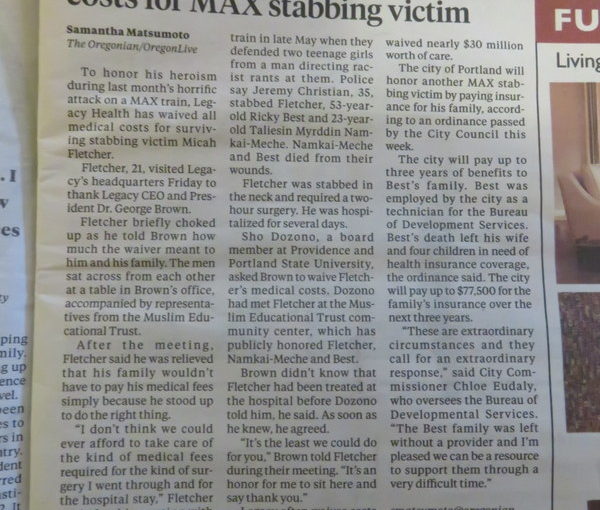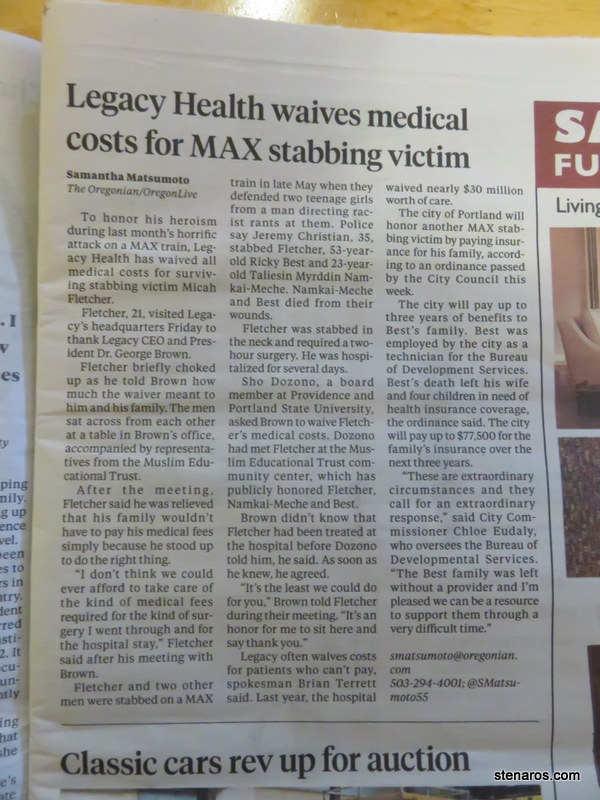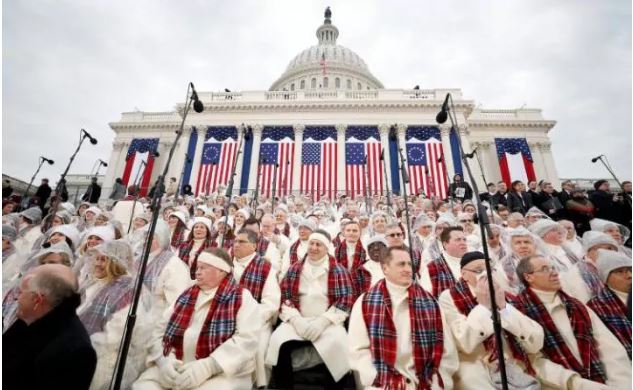I’ve been thinking about popularity lately. Specifically of the high school kind. I see the popularity class structure depicted over and over again in movies and books and I think they get it wrong. Books have more nuance than movies, but still don’t hit the mark.
Popularity in movies and books is a straight line, with the least popular person or group at one end and a very clear person/group at the top. Every character talks about how popular they are, where they stand on the line of popularity and what they need to do/not do to move up or down in line. People say things like “she’s the most popular girl in school” or “he wasn’t very popular, but he started working out and moved up and now he’s prom king.
In a recent YA book I read, social order is a big theme of the book. The protagonist is part of a quartet that includes the most popular girl, the girl that everyone is talking about. At one point in the book one of the protagonist’s friends leaves the quartet, saying something to the effect of, “I’m leaving this, I’m going to fall so far that no one will know who I am, I’m out.” And then she convinces the protagonist to come with her. In the pages of the book the two of them do fall off the social radar of the school, so much so that when fortunes turn and the protagonist becomes popular again a year later, some people don’t even recognize her, even though she hasn’t undergone the classic movie technique of the transformative makeover. I find this construct to be complete crap.
My school experience was very steady. I went to an elementary school that fed into the junior high school that fed into the high school. There were no major boundary changes at any time and a large percentage of the people I went to elementary school with were sitting in the same group of nearly five hundred graduates in my high school class. Here are my memories of how popularity worked.
In early elementary school we were all just there. There were some smart kids and some not-so-smart kids and there were friend groups, but they weren’t drawn with firm lines and a lot of people played (this was before play dates, we just played) with other people. Around third grade and definitely by fourth grade, some people started to become more cool than others. In my mind, this happened when two girls moved to town and suddenly some of my friends were changing, doing things that were perceived as cooler. These things usually happened at slumber parties I wasn’t invited to, which I was okay with, because I didn’t like the sound of what they were doing. I can only remember the uncomfortable feeling and not the actions that made these girls cooler, though I suspect they were along the lines of prank phone calls.
From fourth through sixth grades, our elementary grade of 50 students in two classes had divided into cool and uncool kids. I knew where I was (uncool) and I could tell you where everyone else was if you asked me, but—and this is the key to how popularity really worked—no one did ask me. We didn’t talk about any of this, not with parents, not among ourselves, not with teachers. Friendship groups had subtly shifted and no one said a thing. In the movies, this would be depicted blatantly by two friends conversing: “Delilah has gotten much cooler than us.” In books it would be depicted more subtly, perhaps a paragraph about the changes in Delilah ending with an observation that Delilah was cooler. But in real life? Certain people were spending more time with other people and certain people were being invited to parties while other people were not, but there was never a time to sit down and chat about it. There was never a time when someone told me I wasn’t cool. Instead there were a lot of regular reminders of how I wasn’t in the cool group.
Again, I don’t remember anything specific, it was just a feeling I had, perhaps brought on by days and months and years of asides and glances. One too many comments about how many books I read or how I knew the right answers or what I was wearing. The theme seemed to be “you are not like us” or “you don’t belong with us” but never was it, “we’re cooler than you.”
This was disconcerting. I didn’t want to be part of the cool group—they made me uncomfortable—but I worried that all my friends would change over to the cool group and I would be alone. With only about 25 girls to choose from, I had a friend group of probably five people, and losing too many of them would leave me with nothing. I was also worried because my closest and oldest friend was very good friends with the cool group and I spent a lot of time worrying when she would stop being friends with me and choose them instead. She turned out to be one of those kids who can float between all groups and we remained good friends through almost all of high school. But I had no way of knowing that in fifth grade.
Also—and this is a key of my memories of popularity—I was doing the same thing. There were people who were not cool people that I didn’t want to be part of my friend group and I made sure that didn’t happen, either by making the same kind of comments the cool kids were making to me, or I ignored them entirely. I went to elementary school with a girl who would become a very close friend in junior high and high school and I don’t remember anything about her during elementary school, except thinking she was weird. And I didn’t even think about her very often. Keeping with the lack of conversation about popularity, the two of us have never discussed this.
People could join the cool group. I remember a very nice girl seemed to make a decision to be cool and started hanging around with the group. I watched as they weren’t very nice to her and it reinforced my belief that that group was not for me. She stuck around though, and remained cool through junior high. I don’t remember her at all in high school, though she graduated with me.
In junior high we flooded together with five other elementary schools who had presumably been going through the same changes we had. There was a brief period in seventh grade when elementary friendships fizzled and new friendships were formed and everyone found their group again. It was more of a free-for-all than the changeover from high school would be because for the first time we had an officially popular group. No one told me who they were, I just knew. I still know, could pull out my seventh grade yearbook and tell you who was popular.
I also knew I was not part of that group. Mostly I remember the popular boy who lived down the street and his attitude toward me at the bus stop. There were only five of us waiting at my stop and it was awkward every morning. Make conversation? Don’t make conversation? It seemed weird to not talk, but every time I joined in he would look at me and I would know he was thinking what a dork I was. Interestingly, he still had this look at both the tenth and twentieth reunions. My adult self thinks perhaps he was just squinty, but years of experience tells me that he still thinks he’s cooler than I am.
Again in junior high, I didn’t want to be popular. I heard tales of things they did at parties and I didn’t want to do those things and so I had no reason to be popular. And I had friends of my own. It was touch-and-go in seventh grade. I can recall hanging out with people I was not friends with during the rest of school. But I had my oldest friend around and people rotated in and out until mid-eighth grade when I found the core of people I would spend the rest of junior high and high school with.
So for me, junior high and high school was all about the friend groups. There were tons of different friend groups, one of which was the popular group, but many more groupings of three or more kids who hung out regularly. The popular kids did their popular kid things and the rest of us did our things. And people were friends and friendly to people who weren’t part of their groups. I didn’t know everyone, but I had classes with people of all different groups, we talked, sometimes we did things. There wasn’t a firm line drawn around my group of friends, and I didn’t forget the names of people I had in classes. There were popular people I enjoyed spending time with in class, even though we would never talk outside of class.
Our junior high and another one fed into my high school and there was another rearranging of groups, less dramatic than the junior high one, but with 500 people in a class it’s reasonable that people spun away. I talked to people at my reunions who I spent a lot of time with in junior high and have no high school memories of. But I didn’t forget them. I still knew who they were. In high school there would also be small shifts at the beginning of every school year when the new class of people arrived and people from different grades made their way into friendship group.
So popularity wasn’t some straight line from uncoolest person to coolest person. There was a group who was popular and everyone knew it, and then there was a web of other groups who were not popular and probably—like me—didn’t care that they weren’t popular as long as they had friends.
I can recall one friend blowing my mind with the observation about a popular girl. “What makes her popular?” she asked. “No one likes her except her friends.” This was a true statement. No one could stand this girl. Unlike some popular people who were nice, this girl was not nice and not friendly. My friend continued, “I have friends who like me, so does that make me popular?” It did not and we both knew it, but I was left with a different view of the popular people.
It would be interesting to have people from high school sort people into the groups that they remember. I want to see what kind of groups the people in the popular group would make. Do they see themselves as popular? Would they pretend not to be, because popular people are mostly depicted as assholes in popular culture? One of the most popular people in our class recently directed a movie in which a character very much like herself was portrayed as being very uncool, not popular. Does she really not see herself as popular when the rest of us do?
Popularity in my school experience was much like my experience of the American class system. We don’t talk about money in the U. S. of A. and how much we make. But most of us have sorted ourselves into friend groups of similar income amounts and educational levels and I can make some guesses as to how much money people make every year. People who make a lot of money are often depicted as popular/successful, even though—like a certain person in my class—no one really likes them. Some people might be aspiring to a different income level/popularity and paying for more things with credit cards than cash, because they want into that higher group. Just like school, they might not be saying that overtly, but we can all see it. Not that we’d ever say anything about it.
p.s.
An aside that I couldn’t jam into this essay. I recommend Popular: Vintage Wisdom for a Modern Geek by Maya Van Wagenen which examines a current-day eighth grader’s quest to become more popular using a book from the 1950s. Aside from being a great marker of contemporary adolescence, Van Wagenen really digs into what makes someone popular. Her conclusions are interesting. http://mayavanwagenen.com/


